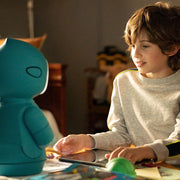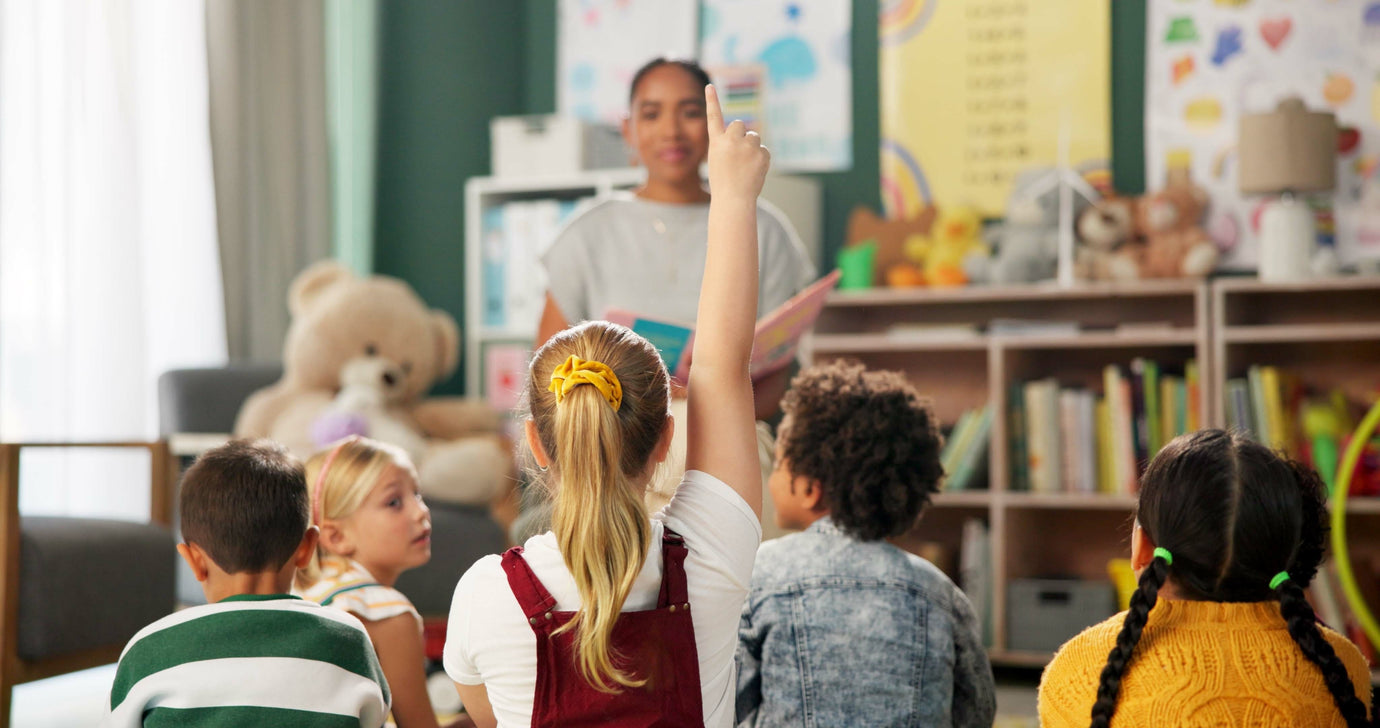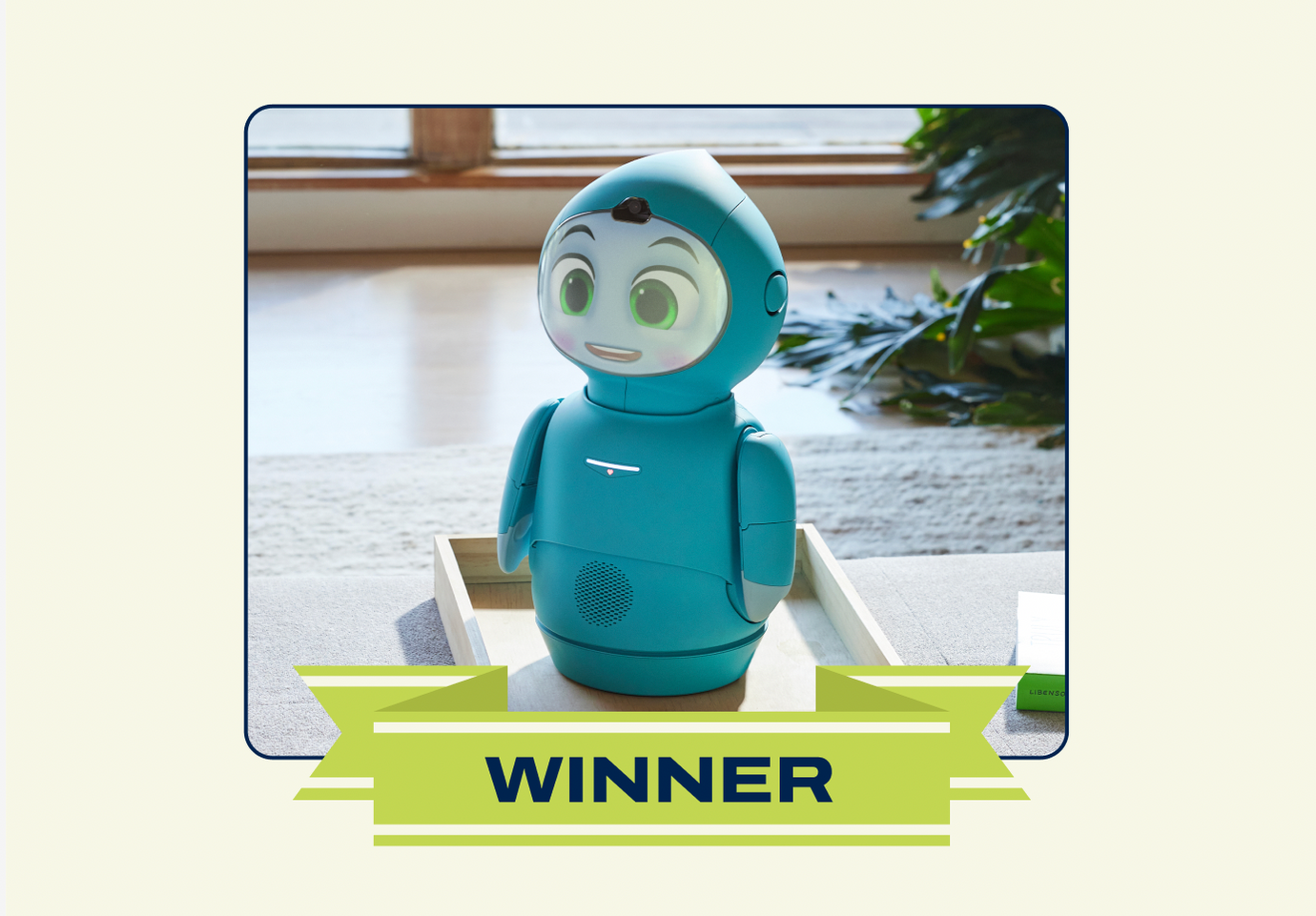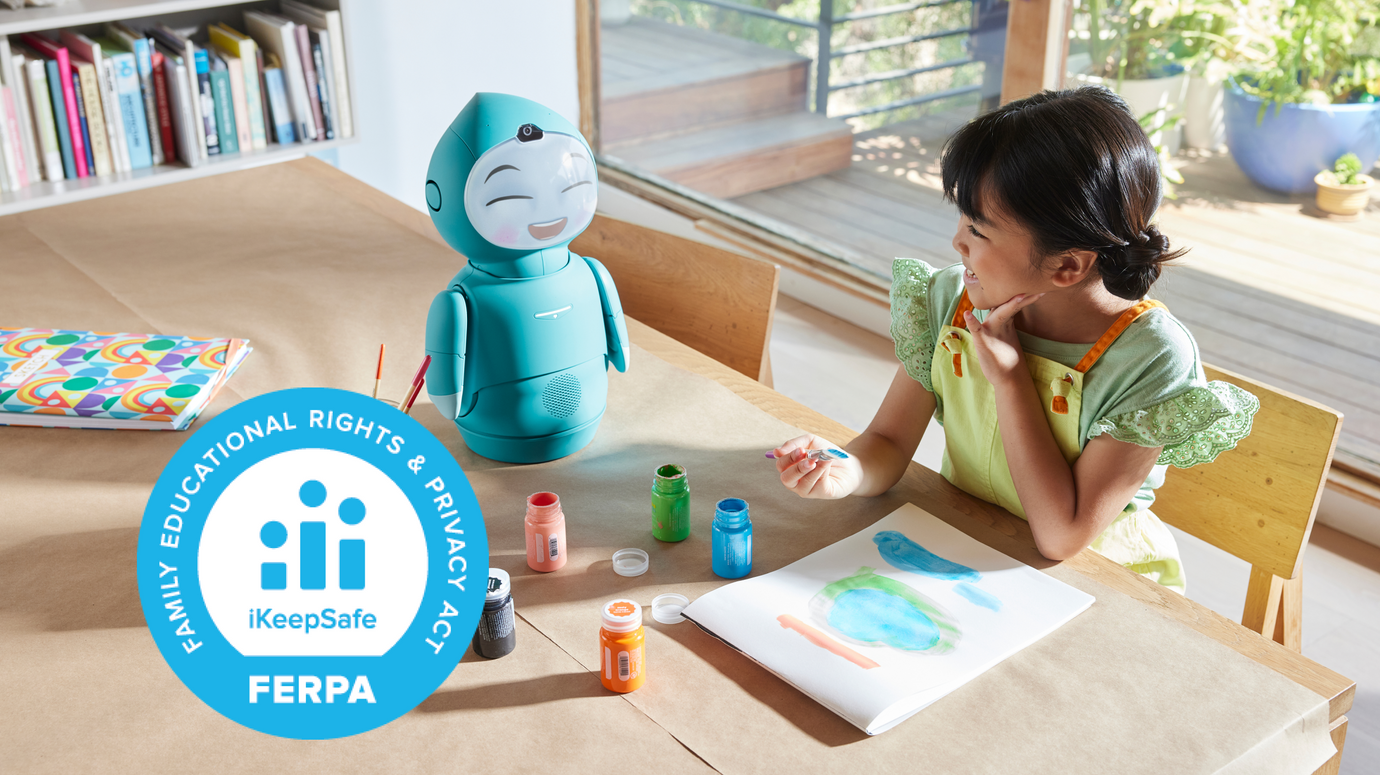Meaningful Play, Every Day
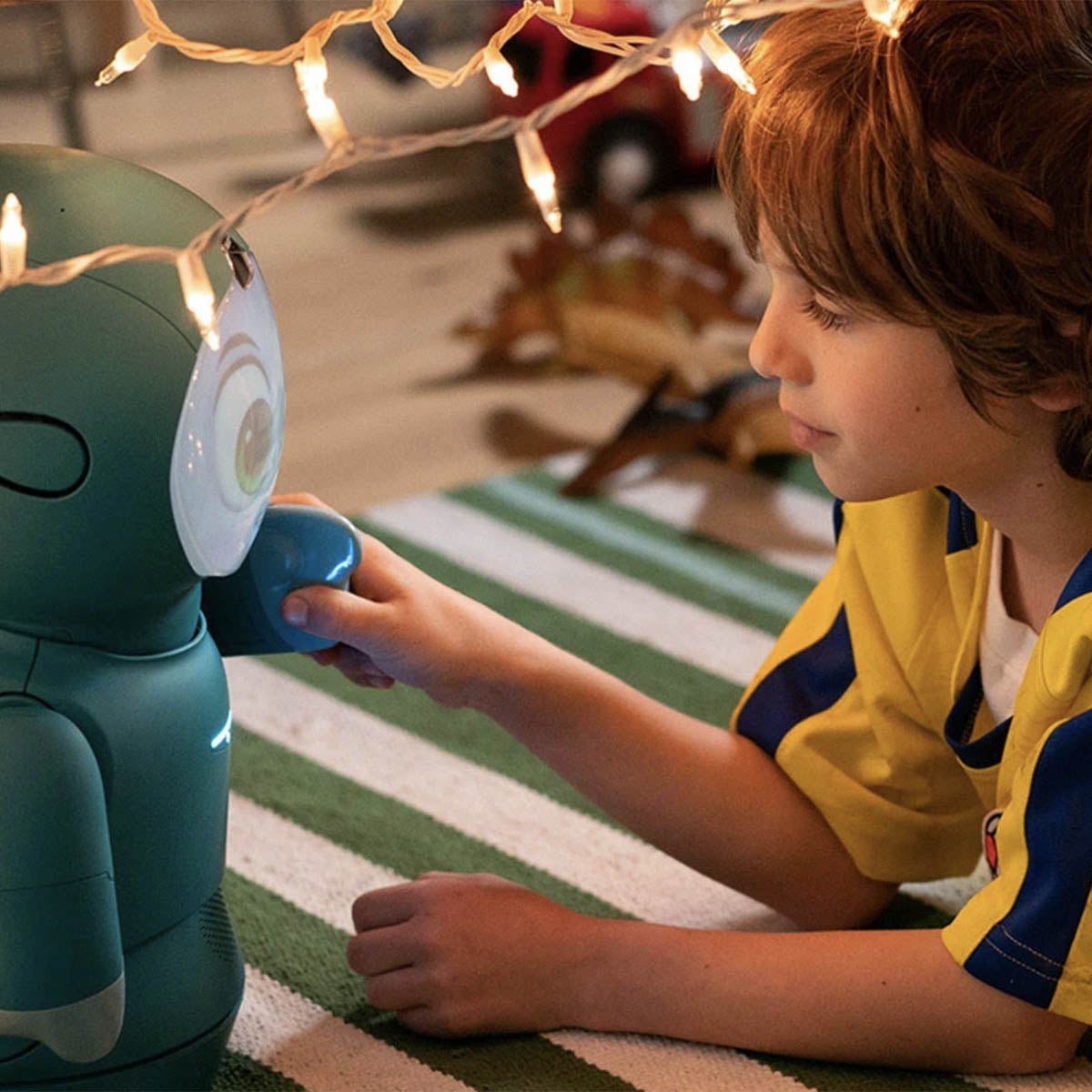
Social-Emotional Learning
“Social and emotional learning (SEL) is the process through which children understand and manage emotions, set and achieve positive goals, feel and show empathy towards others, establish and maintain meaningful relationships, and make responsible decisions,” according to CASEL.¹ These skills are essential for having a healthy and happy life.
School is a very collaborative learning environment, which requires relationships, motivation, and cooperation. When a child lacks some of these essential SEL skills, their learning experience, and ultimately their academic achievement, can be compromised. While there is consensus about the importance of developing SEL skills among educators, the resources available to students are often lacking as educators’ time, energy, and one-on-one attention capacity is limited.
Additionally, with the startling research showing the negative consequences of excessive screen time for children, the need for social-emotional learning has never been more apparent. According to the American Academy of Pediatricians, cognitive, emotional, and language delays are associated with excessive television viewing in early childhood.²
Social-emotional learning helps children manage these difficulties, develop positive relationships, and achieve positive goals. Every child deserves to learn the essential skills needed for a healthy and happy life.
Moxie’s Content
Our team of child development therapists and experts have designed Moxie to help children learn and practice a variety of social and emotional skills, including conversation skills, emotional intelligence, emotion regulation, friendship skills, and problem solving. This is done through activities and strategies informed by the best practices in child development and early childhood education such as direct instruction, modeling, graded prompting, visual aids, mindfulness activities, and positive reinforcement.
Some examples of how Moxie works: To improve emotional regulation skills, children learn breathing exercises, such as “animal breaths”, and guided meditations that are designed to teach children to calm their bodies and minds. To develop social skills and curiosity about the world and others, children are given missions to go into the world and start conversations with friends and family about a variety of topics, such as helpfulness, making friends, and being kind.
For children with developmental challenges, Moxie can have a few additional benefits. First, for children who struggle to connect with peers, Moxie can be a safe and non-judgmental tool to practice social skills. Second, for children who struggle to identify emotions in others, Moxie’s animated face can exaggerate and simplify expressions and movements to help communicate emotions more overtly than humans. Third, the behavior analytics that are shown in our Parent App allows parents to receive feedback on their child’s progress, so they can specifically focus on areas for improvement. Finally, children are put in the role of “robot mentor”, which allows them to teach Moxie about what it means to be a good friend. Putting children in this role increases self-confidence and allows them to solidify the social and emotional skills they are learning.
Play-Based Learning
Moxie doesn’t deliver these social-emotional lessons through boring worksheets or textbooks, but delivers them through play, or what is called play-based learning. Play-based learning is child-led, allowing kids to use their imagination for problem solving, exploration, and discovery. According to the American Academy of Pediatricians, the benefits of play include, “executive functioning, language, early math skills (numerosity and spatial concepts), social development, peer relations, physical development and health, and enhanced sense of agency.”³
So how do we develop these skills through play? Engaging with Moxie is like playing with a friend. Moxie likes jokes, riddles, stories, drawings, and much more. However, where Moxie really changes the game, is how Moxie prompts children to use these lessons in the real world. We think of Moxie as a springboard into the world, not the destination. This is active engagement, not passive like binge-watching tv shows. Moxie inspires a child to go out and discover and engage with the real world. Our activities focus on building pieces of social currency that the child is encouraged to share. For example, a child may draw a kindness flower with Moxie, and Moxie can ask the child questions about kindness and what kind things they could do for others over the week. The child is then encouraged to perform these kind acts for friends and family members and report back to Moxie about how it went.
That’s why we created Moxie - to bring a character to life that encourages children to learn about all the skills needed for life on a day to day basis. As the child grows, so does Moxie. Moxie will continue to evolve and grow with the child so that every day is an opportunity to discover something new. This is why we say that Moxie delivers meaningful play, every day.
References:
-
What is SEL? (n.d.). Collaborative for Academic, Social, and Emotional Learning (CASEL). https://casel.org/what-is-sel/#:%7E:text=Social%20and%20emotional%20learning%20(SEL,responsible%20decisions
-
American Academy of Pediatrics. (2016, November). Media and Young Minds (Vol. 138, Issue 5). https://doi.org/10.1542/peds.2016-2591
-
American Academy of Pediatrics. (2018, September). The Power of Play: A Pediatric Role in Enhancing Development in Young Children (Vol. 142, Issue 3). https://doi.org/10.1542/peds.2018-2058

